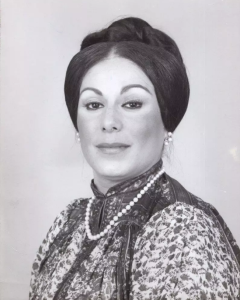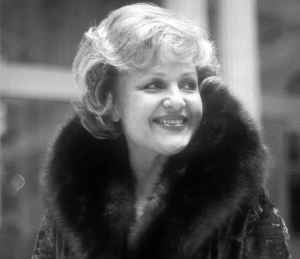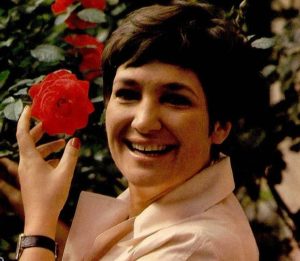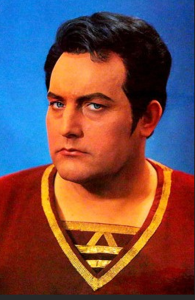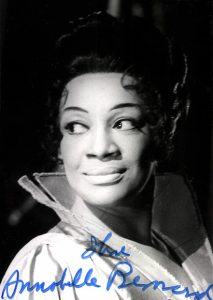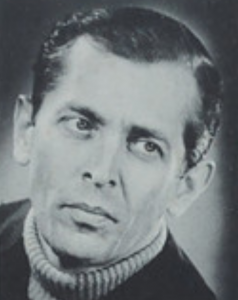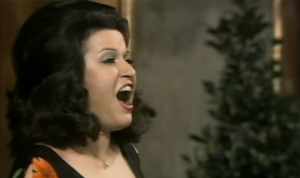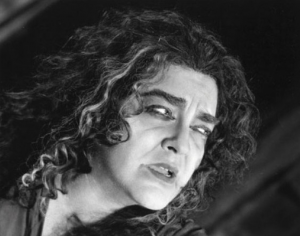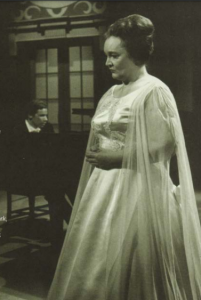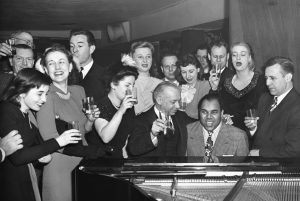Podcast: Play in new window | Download (Duration: 1:32:31 — 95.8MB) | Embed
Subscribe: Spotify | TuneIn | RSS | More
While I was growing up, Gilda Cruz-Romo was a fixture on the stage of the Metropolitan Opera. At the time, I did not fully appreciate her, as I thought of her as a second-string singer on the roster. I saw her once on the Met tour as Desdemona opposite Jon Vickers, but for reasons none too flattering to me, I undervalued her. In recent years, however, I have completely revised my opinion, and now think that Gilda Cruz-Romo was both the most significant Mexican soprano ever to appear on the world’s stages, but also simply one of the finest lirico-spinto sopranos of the twentieth centuries. Fortunately there are many people that agree with me, including some devoted fans who have posted an extraordinary number of live recordings of the artist on YouTube and elsewhere. And this is especially helpful because, incredibly, Cruz-Romo never made any commercial recordings. This episode fully explores the career and repertoire of our subject for today, and includes performances of the soprano in her core Verdi and Puccini repertoire (including such surprises as Odabella, Lady Macbeth, and Turandot!), as well as less expected forays into Mozart and bel canto. Throughout her virtues shine forth: a plangently beautiful voice with a particularly radiant top wedded to an incredibly secure technique, which afforded her enormous flexibility and coloratura facility. Added to this, and paramount to her artistry, is a dedication to her craft and to music which sweeps all before it and raises her work into the realm of the sublime. I think of this episode (the last completely new episode I’ll be putting out this season) as a pre-birthday tribute, as the diva turns 85 years old on February 12, 2025. Other singers heard on the episode are tenors Carlo Bergonzi, Colenton Freeman, and John Alexander, and baritone Matteo Manuguerra; among the conductors are Zubin Mehta, Nicola Rescigno, Riccardo Muti, Peter Maag, and Julius Rudel.
Countermelody is a podcast devoted to the glory and the power of the human voice raised in song. Singer and vocal aficionado Daniel Gundlach explores great singers of the past and present focusing in particular on those who are less well-remembered today than they should be. Daniel’s lifetime in music as a professional countertenor, pianist, vocal coach, voice teacher, and journalist yields an exciting array of anecdotes, impressions, and “inside stories.” At Countermelody’s core is the celebration of great singers of all stripes, their instruments, and the connection they make to the words they sing. By clicking on the following link (https://linktr.ee/CountermelodyPodcast) you can find the dedicated Countermelody website which contains additional content including artist photos and episode setlists. The link will also take you to Countermelody’s Patreon page, where you can pledge your monthly or yearly support at whatever level you can afford.
